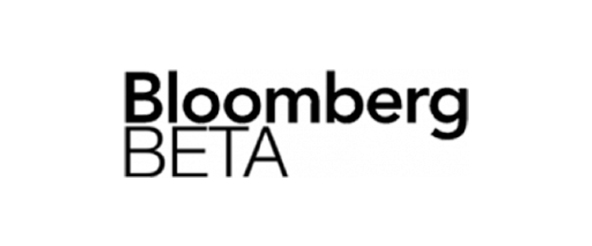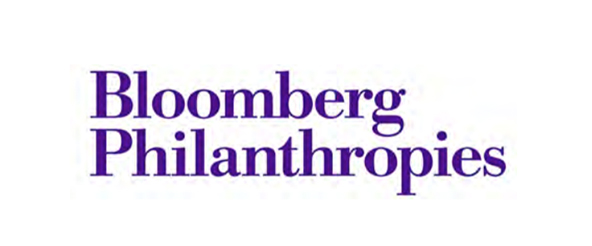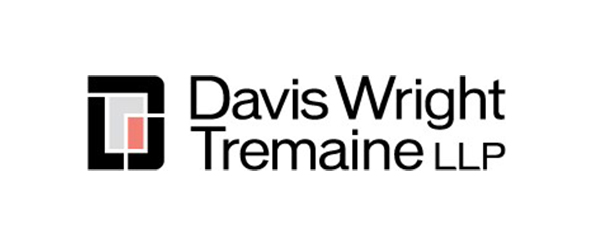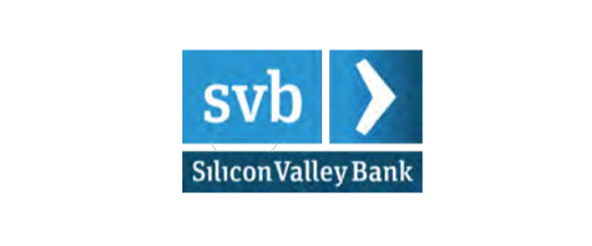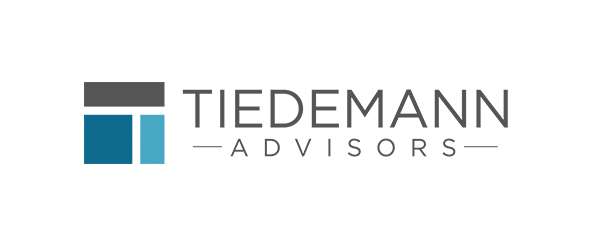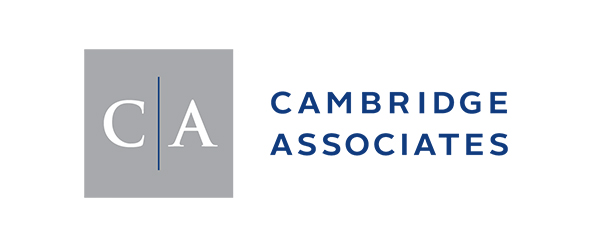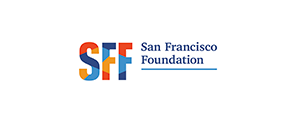Forum Agenda
| 1:00 pm | Welcome from First Principles Forum Co-Chairs Roy Bahat – Bloomberg Beta Laura Arrillaga-Andreessen – Stanford PACS Flow of the Day and Announcements Sawako Sonoyama Clarin – Stanford PACS Confronting Racism, Investing in Leaders of Color john a. powell – Othering and Belonging institute, UC Berkeley Shu Nyatta – Softbank moderated by Denise Hearn Giving Overview 2020 Kim Meredith – San Francisco General Hospital Foundation Role of Philanthropy in the Wake of Covid-19 Ai-Jen Poo and Rob Reich Includes Audience Q&A |
| 2:10 – 2:15pm | Break |
| 2:15 – 3:00pm | Small Group Conversations — Round 1 |
| 3:00-3:15pm | Break |
| 3:15 – 4:00pm | Small Group Conversations — Round 2 |
| 4:00 – 4:45pm | Balancing Urgency with Strategy — Giving in the Midst of Crisis Cari Tuna – Open Philanthropy Darren Walker – Ford Foundation |
| 4:30 – 4:40pm | Participant Reflections Closing Remarks Roy Bahat and Sawako Sonoyama Clarin |
| 4:45 – 5:30pm | Virtual Happy Hour via Icebreaker |
Small Group Conversations
ROUND 1:
- Creativity Meets Philanthropy: Nontraditional Ways to Make a Difference — John and Patience Yi
What if a standard donation of money or time doesn’t quite satisfy your philanthropic ambition? Hone in on what causes matter most to you, and explore a host of alternative methods for doing good in your community. - Economic Opportunity in the Bay Area: Public-Private Partnership — Kathleen Kelly Janus and Jamie Allison
One of philanthropy’s biggest opportunities to leverage its resources is by partnering with the government to scale its work. Hear how the Walter & Elise Haas Fund and the Office of Governor Gavin Newsom are partnering in innovative ways to help low-income adults and families achieve economic security and upward mobility in the Bay Area. - Getting to Net-Zero Emissions — Erika Reinhardt
Getting to net-zero greenhouse gas emissions by 2050 is a great headline, but a daunting challenge. We’ll break this down in different ways — by greenhouse gas types and sources, technical innovation vs. deployment necessary, available policy levers and more — to discuss high-impact ways to give. Participants with expertise encouraged to contribute, and newcomers welcome for this ‘crash course’ in climate change mitigation. - Giving Options, including Donor Advised Funds (DAFs) – Dana Reid and David Risher
Discuss ways of giving — from writing checks to donor advised funds to different types of private foundations. We’ll cover some associated tax implications and a few charitable planning ideas. Hear from David Risher, a former executive at Microsoft and Amazon, about the process he and his spouse went through to determine their giving strategy of using a donor advised fund, and about their #HalfMyDAF campaign in response to Covid-19. - Influencing Policy, Political Giving — Michael Yang, Susie Hwang, and Sara Fenske Bahat
In this critical election year, how can you be politically active with your resources and time? To which candidates and organizations should you give, and when? How should you think about fundraising in addition to giving? True change comes from enacting policy changes that stand the test of time, and opportunities to influence policy are abundant in all sectors — public, private, and philanthropic. - Lessons from Acumen: Transforming Self and Systems — Jacqueline Novogratz and Denise Hearn
Acumen pioneered ‘impact investing’ before it was a known term, using philanthropy as risk capital to invest in social enterprises globally. These enterprises have provided affordable education, health care, clean water, energy, and sanitation to more than 260 million people across the world. Hear Jacqueline’s systems change successes and failures — and why a moral revolution in leadership is needed to create the change we need, now more than ever. - Public Health and Equity, Responding to a Pandemic — Tosan Boyo and Malia Simonds
The coronavirus pandemic has exposed the underlying inequities that exist in our public health system, economy, and society at large. What long-term investments are needed to build a public health system that is truly equitable? We’ll hear both global and San Francisco perspectives. - Social Entrepreneurship Lessons from Echoing Green — Cheryl Dorsey and Michael Voss
Over 30 years, Echoing Green has built an ecosystem to support leaders as they solve the world’s biggest challenges. Hear from Cheryl Dorsey about how social entrepreneurs succeed, how leaders of color experience raising capital, how entrepreneurship in the private and nonprofit sector might look different, and more.
ROUND 2:
- Advanced Giving Vehicles and Capital Deployment Strategies — Knute Gregg and Jean Tom
What options exist beyond traditional 501(c)(3) grantmaking? This session will provide an overview of the pros and cons of alternative giving vehicles, namely 501(c)(4) and LLCs. Why would you consider setting up one of these entities for capital deployment, and what are the tax implications of each vehicle? How can you think about deploying investment capital for impact from an LLC or through other vehicles? - Covid-19, Misinformation, and Protecting Black Voters — Brandi Collins-Dexter and Lucy Bernholz
Since the beginning of the pandemic, misinformation related to Covid-19 has negatively affected Black online communities. Failures by internet platforms, coupled with historical oppression, healthcare redlining, and government mistrust, have had significant consequences including the potential suppression of Black voter turnout for the 2020 elections. Discuss the role funders, technology companies, and media can play in protecting Black voters. - Covid Hindsight 2020 and Future Tech Industry Engagement — Joe Wilson and Ryan Burke
Over the last 5 months, individuals and groups in the tech industry have stepped forward to organize and fund solutions to Covid-19. As we look to subsequent waves of the pandemic and grapple with its aftershocks, what can we learn? What initiatives should we support that best combat the pandemic? What areas are we missing in addressing second- and third-order effects of the crisis? - Giving and Faith — Debbie Hall and James Cham
Roughly a third of all charitable giving in the United States goes to religious institutions — and they’re often an afterthought in a giving strategy. How do ideas from faith inform a charitable giving strategy, and what role might giving to religious institutions (including both congregations and religiously-centered service or advocacy organizations) play in your overall approach? - How to Help Governments Respond to Covid-19 — John Borthwick and Raylene Yung
Hear from Raylene and John about founding U.S. Digital Response and The Covid-19 Technology Task Force, respectively, and learn how to get involved. U.S. Digital Response connects pro bono technologists with governments responding to crisis. It’s taken on 100+ projects, providing free help to government teams in 24 states. The Covid-19 Technology Task Force efforts focus on developing solutions to issues like: contact tracing, exposure notifications, PSAs, social isolation and mental health, and others. - Investment Solutions to the Climate Crisis — Jennifer Ayer and Brad Harrison
Learn about market-rate investment strategies aimed at reducing and sequestering greenhouse gases from the atmosphere, targeting measurable reductions in carbon dioxide (CO2) and methane (CH4) in all asset classes. We’ll discuss how to leverage capital markets to address environmental pressures on our planet that will disproportionately affect populations and geographies least prepared for this crisis. - Leveraging Investment Capital for Change — Lewis Hower and Kiran Jain
Explore emerging trends in utilizing a full spectrum of investment capital to catalyze lasting positive change: from place-based investing and microfinance lending to strengthen community resilience, to investing in early-stage start-ups. How can you incorporate these strategies into your portfolio to match your desired impact outcomes, and what critical questions should you ask along the way? - Personal Lessons From 14 Years of Grantmaking — Kathy Kwan
A candid conversation with Bay Area donor Kathy Kwan (who has granted $43M to 60 organizations over the last 14 years) about the practical side of giving: What is the role of the donor? How to develop and measure your grantmaking strategy? How to build a relationship with a grantee? Hear about Kathy’s successes and failures and share your own learnings.
Sponsors
